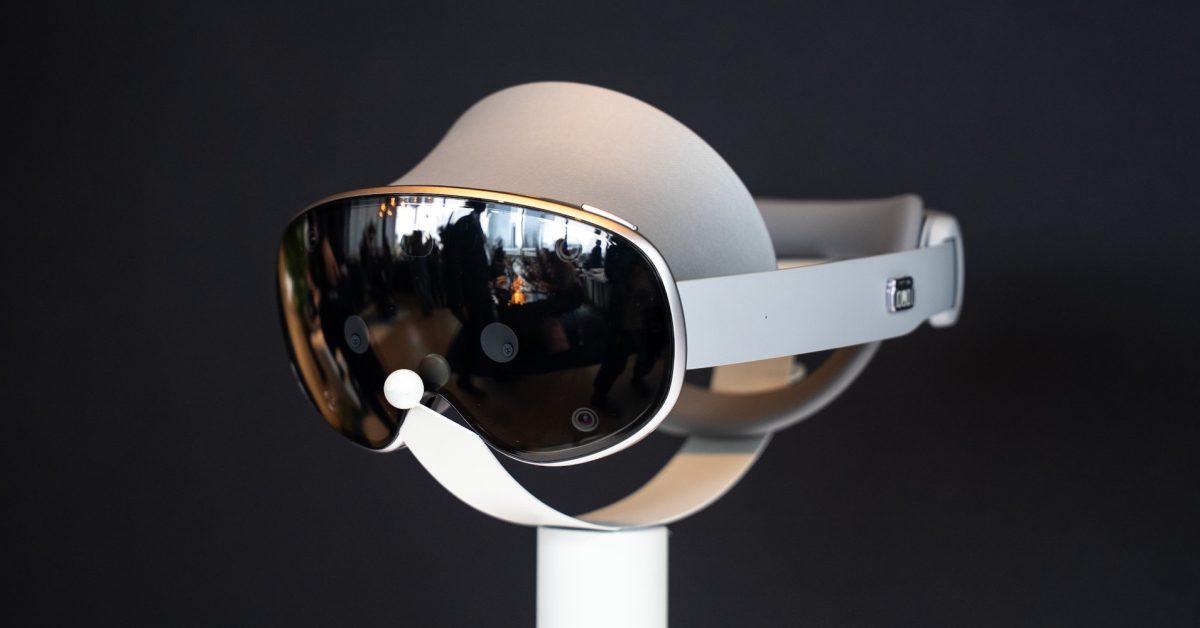
gm will ditch android auto and carplay General Motors (GM) is intensifying its efforts to phase out Android Auto and CarPlay from its vehicles, extending this strategy to future gasoline-powered cars while simultaneously developing a new assistant powered by Gemini technology.
gm will ditch android auto and carplay
Background on GM’s Shift Away from Android Auto and CarPlay
In recent years, the automotive industry has seen a significant shift towards integrating advanced technology into vehicles, particularly in the realm of infotainment systems. Android Auto and Apple CarPlay have become popular options, allowing drivers to connect their smartphones seamlessly to their vehicles. However, GM has taken a different approach, opting to remove these widely-used platforms from its cars.
This decision aligns with GM’s broader strategy to create a more integrated and proprietary ecosystem within its vehicles. The move has been particularly pronounced in the company’s electric vehicle (EV) lineup, where GM has sought to establish a unique user experience that differentiates its offerings from competitors. As the company looks to the future, it appears that this strategy will now extend beyond electric vehicles to include gasoline-powered models as well.
Implications of Removing Android Auto and CarPlay
The decision to eliminate Android Auto and CarPlay from more vehicles raises several implications for both consumers and the automotive industry as a whole. For consumers, this means that drivers who rely on these platforms for navigation, music, and communication will need to adapt to GM’s proprietary systems. While some may welcome the change, others may find it inconvenient, especially if they are accustomed to the features and functionalities of Android Auto and CarPlay.
From a competitive standpoint, GM’s move could have significant ramifications. By removing these popular platforms, GM is betting on its ability to deliver a superior in-car experience through its own systems. This could potentially attract tech-savvy consumers who value a more integrated and customized experience. However, it also risks alienating a segment of the market that prefers the familiarity and ease of use offered by established platforms like Android Auto and CarPlay.
Introduction of the Gemini-Powered Assistant
In conjunction with the removal of Android Auto and CarPlay, GM is also developing a new assistant powered by Gemini technology. This initiative represents a significant investment in artificial intelligence and machine learning, aiming to enhance the in-car experience for drivers and passengers alike.
What is Gemini Technology?
Gemini technology is a cutting-edge AI framework designed to improve the functionality and responsiveness of digital assistants. By leveraging advanced algorithms and machine learning capabilities, Gemini aims to provide users with a more intuitive and personalized experience. In the context of GM’s vehicles, this means that the new assistant will be capable of understanding natural language commands, learning user preferences, and adapting to individual driving habits.
Potential Features of the Gemini Assistant
While specific details about the Gemini-powered assistant remain limited, several potential features have been suggested:
- Natural Language Processing: The assistant may utilize advanced natural language processing capabilities, allowing drivers to interact with their vehicles using everyday language.
- Personalized Recommendations: By learning user preferences, the assistant could offer tailored suggestions for navigation, entertainment, and vehicle settings.
- Seamless Integration: The assistant is expected to integrate with various vehicle systems, providing a cohesive experience that encompasses navigation, climate control, and media playback.
- Voice Activation: Drivers may be able to activate the assistant using voice commands, enhancing safety by minimizing distractions.
Stakeholder Reactions
The decision to remove Android Auto and CarPlay while introducing a new assistant has elicited mixed reactions from various stakeholders, including consumers, industry analysts, and competitors.
Consumer Perspectives
For consumers, the response has been largely divided. Some drivers appreciate the idea of a more integrated system that could potentially offer enhanced functionality tailored to their specific needs. However, others express concern over losing access to familiar platforms that have become integral to their driving experience. The transition may pose challenges for those who rely heavily on the features provided by Android Auto and CarPlay.
Industry Analysts
Industry analysts have noted that GM’s strategy reflects a broader trend in the automotive sector towards proprietary technology. As automakers seek to differentiate themselves in a crowded market, the development of unique in-car experiences has become increasingly important. Analysts suggest that GM’s decision could set a precedent for other manufacturers, potentially leading to a fragmentation of the infotainment landscape.
Competitor Reactions
Competitors in the automotive space are likely to closely monitor GM’s moves. If GM’s Gemini-powered assistant proves successful, it could prompt other manufacturers to consider similar strategies. Conversely, if the removal of Android Auto and CarPlay leads to consumer backlash, it may deter other companies from pursuing a similar path.
Future of In-Car Technology
The automotive industry is at a crossroads, with technology playing an increasingly pivotal role in shaping the driving experience. As GM moves forward with its plans to eliminate Android Auto and CarPlay, the implications for the future of in-car technology are profound.
Potential for Innovation
GM’s focus on developing proprietary technology could pave the way for innovative features that enhance safety, convenience, and entertainment. By investing in AI and machine learning, the company may be able to create a more responsive and adaptive driving experience that meets the evolving needs of consumers.
Challenges Ahead
However, the road ahead is not without challenges. GM will need to ensure that its new assistant is user-friendly and capable of competing with established platforms. Additionally, the company must address concerns from consumers who may be hesitant to embrace a new system that deviates from the familiar interfaces of Android Auto and CarPlay.
Conclusion
GM’s decision to phase out Android Auto and CarPlay from its vehicles, including future gasoline models, marks a significant shift in the automotive landscape. By investing in a Gemini-powered assistant, the company aims to create a more integrated and personalized in-car experience. While this strategy may attract some consumers, it also poses risks, particularly in terms of alienating those who prefer established platforms. As the automotive industry continues to evolve, GM’s moves will undoubtedly influence the direction of in-car technology and the competitive landscape.
Source: Original report
Was this helpful?
Last Modified: October 23, 2025 at 1:38 pm
2 views















